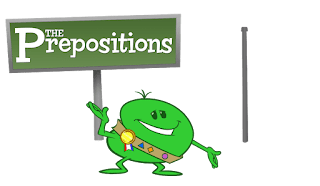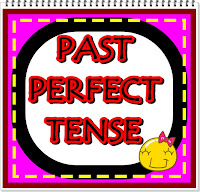Reported speech

Reported speech is how we represent the speech of other people or what we ourselves say. When we use reported speech , we report: 1- Statements 2- Questions 3- Commands / Requests 4- Other types 1) Reporting statements: When reporting statements, check if you have to change. A) Pronouns B) Tense C) Time and Place A) Pronouns: Direct : She says to me « My brother loves the football». Reported : she says me that her brother loves the football. Notice: The pronouns are changed according to the sense. B) Tense: If the sentence starts in present, there is no change in tense. If the sentence starts in the past...



